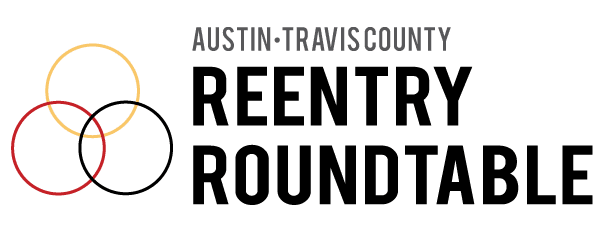Name: Douglas Smith
What are three words that describe you? Compassionate, Engaging, Open.
What are the top challenges that you faced when reentering? Finding a job was the most difficult task. Gainful employment was my #1 parole condition, and I was willing to work any job from janitor to customer service. Further, I had a decent education and resume from the time before my addiction led to criminality. These assets proved to be a liability. I was denied jobs because of my criminal record, and I was denied other jobs because I was overqualified. Finally, I found a $9/hour job using a scaled-down resume. It was only through networking with friends and former colleagues that I found a professional job that paid a living wage.
The other challenge was the loss of community. I had a group of supportive friends in prison, and I was actively engaged in all manner of volunteer programming as a peer educator and mentor. I went from this highly supportive community to a very narrow set of acquaintances, many of whom simply couldn’t relate with the fact that I had been to prison. Reentry was a very lonely time, especially when I was on intensive supervision and couldn’t have a social life beyond work and home.
I also encountered financial struggles. Even though I was able to move in with my mother, I still needed to contribute to expenses. I had to apply for SNAP benefits. I took over the cleaning of my parent’s home, and worked part time for my ex-wife to keep up with child support payments.
I’m now facing the difficulty of finding a place to live. I am meeting extreme resistance from potential landlords. I’m not as worried about this, because I have a supportive family that is allowing me to stay with them. However, that was supposed to be a temporary arrangement. I’ll eventually find a place, but it’s just taking longer than I expected. On a good note, my experience fuels my advocacy!
What resources have you found most helpful for reentering? I really appreciated Goodwill. I l loved going to the Community Center on Norwood Park to use their computer resources and internet. I was treated with dignity, and the campus was designed to amplify that feeling. I loved their Boot Camp, which instilled a sense of confidence, and inspired me to look for more professional jobs. I remain deeply grateful to my Goodwill Case Manager. He refused to allow me to settle for a low-wage/low-skill job. Even after I found the $9/hour job, he insisted on keeping me on his caseload and encouraged me to keep looking for a job more in line with my long-term goals. When people are released from prison, my advice is to get on the Goodwill caseload within the first week. They can provide educational and vocational services, and will often pay for vocational certification. I see Goodwill as the primary reentry resource in Austin.
Did you have a mentor or a role model? I had a two mentors while in prison. One was a community volunteer who visited the unit twice a month to help me prepare for my transition from prison to the community. My other mentor was incarcerated with me. He was decent man who had made a tragic mistake decades earlier, and was living his senior years in prison instead of near his family in St. Louis. He spent his days helping men like me learn to deal with life on life’s terms. Every time I face stress or difficulty out here in the “free” world, I remember the guidance of my mentor, whom I think of as a father figure, especially after my own father died.
I currently have a mentor who helps me to remain in recovery and reminds me that my freedom is contingent on me sharing the gifts that were freely shared with me.
What drives your passion and makes you excited to get out of bed in the morning? Inexplicably, I found a job that allows me to be part of the movement to reform the criminal justice system. I wake up to develop sound policies that will reduce the number of people sent to prison, expand treatment resources and enhance reentry supports. It’s the best job I ever had, largely because it doesn’t feel like a job. I often spend my evenings and weekends participating in community groups that are part of the movement.
Why do you participate in the Reentry Advocacy Project? It’s an opportunity to be a leader in my community. During my addiction, I was part of the problem. In the RAP group, I can be part of the solution. Moreover, I get to join others who have made the difficult journey from prison to the community. I see opportunities for us to be increasingly active in the community, speaking with businesses, reentry resources, and officials from the criminal justice system as community leaders, not ex-offenders.
What words of wisdom do you have for others leaving incarceration? If you are willing to stay focused on long-term goals, while humbly accepting lower paying jobs, the doors of opportunity will eventually open. Try to avoid getting discouraged by rejection, and be the best employee in jobs that are less than ideal. People will eventually see that you are solid in your commitment to a productive life, and doors will open. There are decent resources in Austin to help you develop your vocational skills or even to open a small business. Use every resource available to you.
What accomplishments are you most proud of? Not giving up despite a solid wall of rejection. Further, I am proud that I remained consistent with the principles of recovery taught to me by my mentors in prison. When they write to me, they tell me they are proud of me.
What do you identify as having made a difference for you in your success?
Keeping a positive attitude, staying sober, and never giving up.

